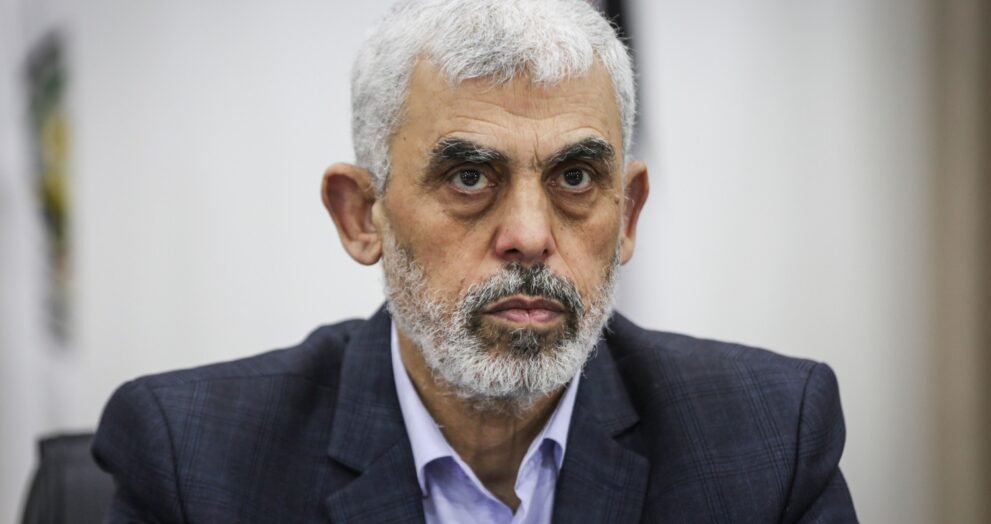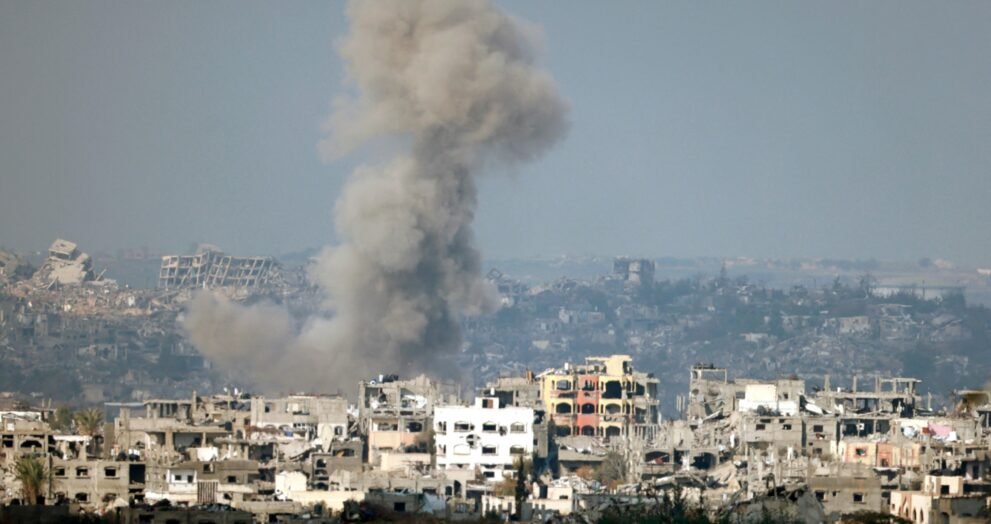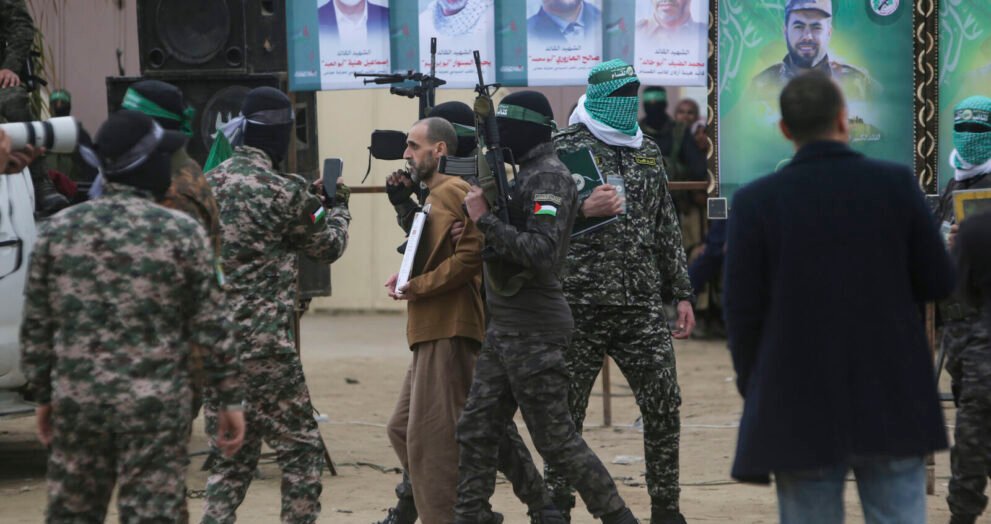ISRAEL SEIZES GAZA-BOUND AID BOAT WITH GRETA THUNBERG ON BOARD, DETAINING ACTIVISTS
Israeli forces have seized a Gaza-bound aid boat carrying climate activist Greta Thunberg and other activists, enforcing a longstanding blockade on the Palestinian territory. The boat, named Madleen, was intercepted in international waters approximately 200 kilometers from Gaza. The activists were detained and expected to be held at a facility in Ramle before being deported. Adalah, a legal rights group representing the activists, claims Israel has “no legal authority” to seize the ship, citing its location in international waters and destination in Palestinian territorial waters. Thunberg, among 12 activists on board, had set sail from Sicily a week ago to protest Israel’s military campaign in Gaza and restrictions on humanitarian aid. The activists rescued four migrants along the way who had jumped overboard to avoid detention by the Libyan coast guard. “This wasn’t humanitarian aid. It’s Instagram activism,” said Israeli government spokesperson David Mencer, adding that Israel has delivered over 1,200 truckloads of aid in the last two weeks. Thunberg urged supporters to pressure the Swedish government for her release, saying, “I urge all my friends, family and comrades to put pressure on the Swedish government to release me and the others as soon as possible.” French President Emmanuel Macron requested Israel allow the six French citizens on board, including Rima Hassan, a French member of the European Parliament of Palestinian descent, to return to France. Hassan has been barred from entering Israel due to her opposition to Israeli policies toward Palestinians. The Gaza Strip, home to around 2 million Palestinians, faces severe humanitarian needs due to the ongoing conflict. Humanitarian workers warn of famine unless the blockade is lifted and Israel ends its military offensive. The conflict has killed over 54,000 Palestinians, displaced 90% of the population, and left the territory reliant on international aid.














































































































































































































































































































































































































































































































































































































































































































































































































































































































































































































































































































































































































































































































































































































































































































































































































































































































































































































































































































